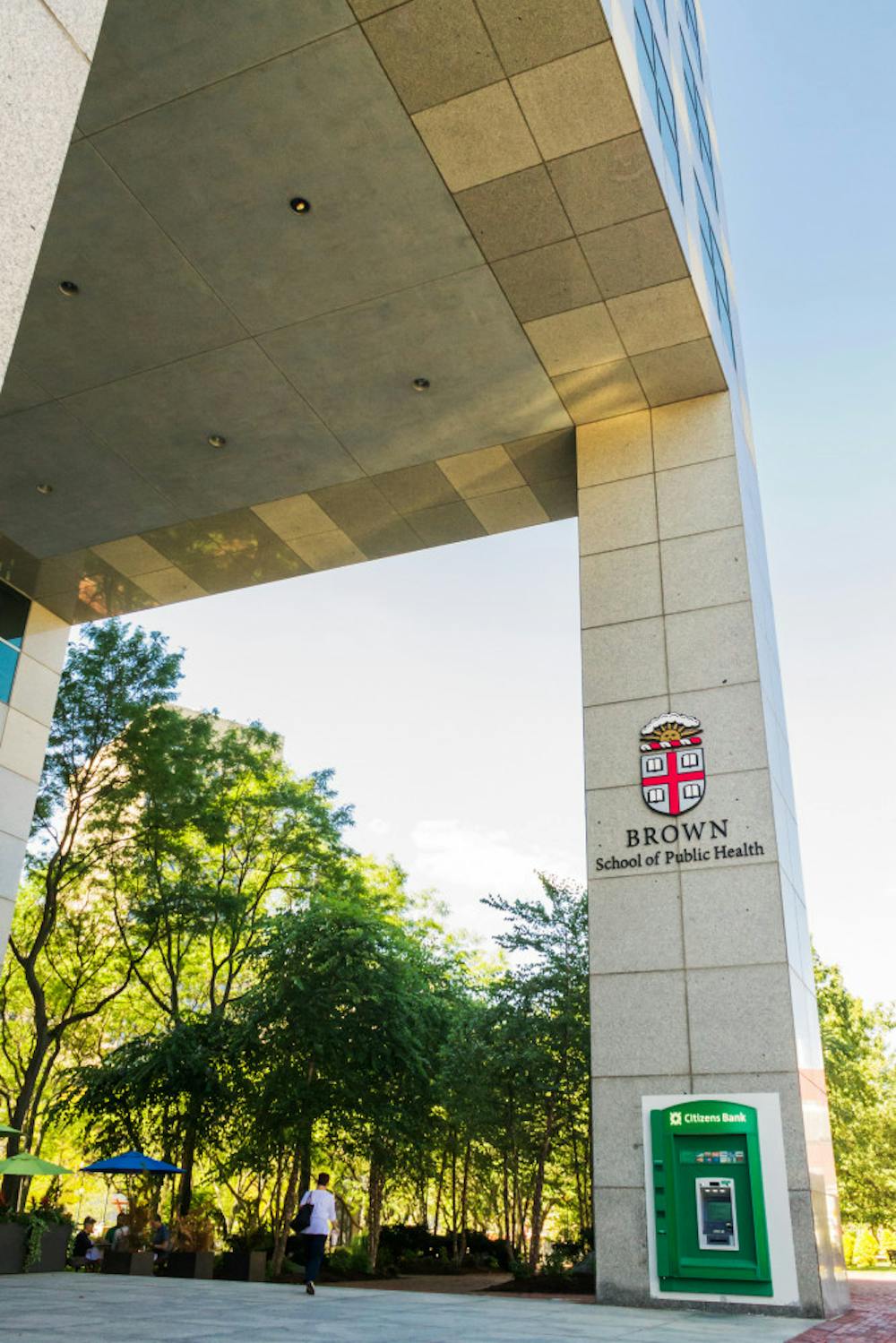The Council on Education for Public Health approved the School of Public Health’s application for accreditation June 18. CEPH, an “independent agency recognized by the U.S. Department of Education,” has accredited just 59 schools of public health in the United States and its territories, according to its website.
During the application process, the School of Public Health compiled a 348-page self-study for the review of CEPH. Though there was a central accreditation committee, all faculty members worked on the self-study in one way or another over the three years of writing, said Terrie Fox Wetle, dean of the School of Public Health. The report lays out the school’s mission and analyzes how it meets CEPH’s criteria for accreditation, from having sufficient financial resources and promoting diversity outreach to helping students develop “competencies” outlined by the agency, Wetle said.
One competency identified by CEPH, especially for students studying specific tracks like epidemiology or biostatistics, is to expose a “variety of public health topics” and apply different strategies, said Patricia Risica, assistant professor of epidemiology and behavioral and social sciences. Risica, a member of the curriculum committee, said that most class curricula remained unchanged because the courses were already successfully fulfilling competencies.
After receiving the self-study, a team from CEPH visited the campus to conduct a site review, Wetle said. CEPH’s review of the application revealed that they were impressed by the level of participation of both students and faculty members in research and by the high volume of research output, she said. They also reacted positively to the School of Public Health’s close relationship with the Rhode Island Department of Health, she said. But the group also asked the school to develop ways for students to give feedback efficiently about their courses and experiences, she added.
With the accreditation, the School of Public Health now has access to funding opportunities from the Centers for Disease Control and Prevention that are only available to CEPH-accredited schools, said Linda Laliberte-Cote, associate dean of public health for administration and finance. It may also help the school continue to attract high-caliber students and faculty members who can be assured of the school’s quality of education, Risica said.
“We are recognized … for meeting national standards and (for being) among a valued group of peers,” said Don Operario, associate dean of public health for academic affairs. “It means that all of the students who come through our program can be sure that the education, research mission and culture of our school meets these high criteria.” The School of Public Health will need to be reaccredited by CEPH in five years, he added.
The school can also participate in the Schools of Public Health Application Service, which allows students to apply to multiple schools using one application, Wetle said. As a result, she expects a large increase in the number of applications in the upcoming cycle — up to three times as many applications as last year, she added.
Prior to receiving official accreditation, the School of Public Health opened in 2013 and was allowed to operate as long as it was in the process of accreditation, Wetle said. Establishing a CEPH-accredited school of public health has been a project in development since even before Wetle joined the University in 2000, she said.
“Our accreditation occurred as immediate as it can occur,” said David Williams, associate professor of behavioral and social sciences. “It wouldn’t be correct … to have the impression that we’ve had a school of public health around for years, and we are only just now getting accredited.”
Having achieved its accreditation goal, the school aims to successfully implement all programs described in the self-study and solidify its commitment to service and the community, Operario said. As the only accredited school of public health in Rhode Island, Wetle said that the school has a “responsibility to train the next generation of public health leaders, conduct research that is relevant to the issues of the community and … translate that research into policies and programs.”
After successfully receiving accreditation, the CEPH now approves any new programs developed by the school or faculty member hires, Wetle added.





